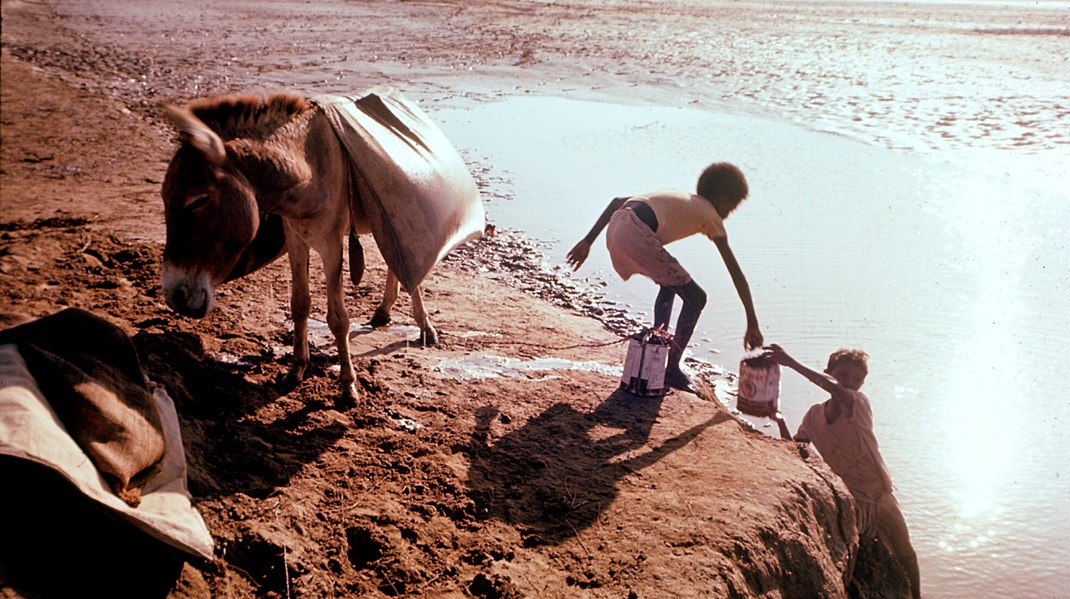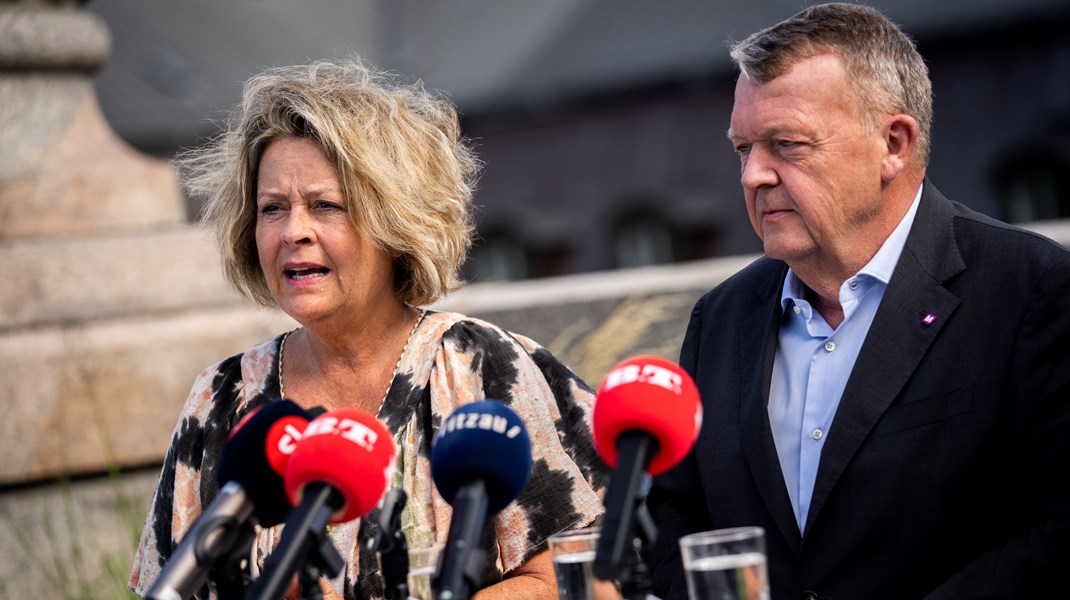WHO appeals for US$ 5.3 million to respond to trauma and emergency care needs in Gaza
18 March 2019, Gaza, oPt - The World Health Organization (WHO) is appealing for US$ 5.3 million to provide life- and limb-saving interventions to massive numbers of injured patients overwhelming an already fragile health system in Gaza. The upcoming one-year anniversary of the Great March of Return on 30 March could result in further casualties and an increase in people requiring trauma care and rehabilitation services.
Funding is urgently required to ensure the minimum resources are available to immediate health needs, as well as enhance the quality of trauma and emergency care in the Gaza Strip and reduce mortality and morbidity among an at-risk population of 2 million people.
“The sheer magnitude of trauma needs in Gaza is immense. Every week injured patients continue to arrive at hospitals requiring complex long-term treatment. The requested financial support will help not just to address critical service gaps but ensure that we can work with our partners to scale up treatment capacities to provide immediate lifesaving care for emergency cases and to strengthen rehabilitation,” says Dr Gerald Rockenschaub, head of WHO’s office for the occupied Palestinian territory.
Since the start of the demonstrations in March 2018, over 29,000 people have been injured, with more than 6,500 suffering from gunshot wounds requiring long-term specialised surgical treatment and rehabilitation, for which the Gaza Strip faces persistent capacity gaps.
The massive burden of trauma casualties also affects the provision of other essential services, directly impacting capacities to provide neonatal and maternal care services and to manage chronic disease patients. Elective surgeries have to be postponed and suspended, hospital beds are reallocated and reserved for surgical patients, health staff and ambulances have to prioritize the immediate emergency needs.
In 2018, WHO supported the Ministry of Health and the Palestine Red Crescent Society to upgrade the trauma stabilisation points (TSPs) in proximity to the fence with Israel, so that the wounded can receive life-saving treatment close to the point of injury. The scope of interventions provided on-site at the TSPs has continuously expanded to cover triage, life- and limb-saving first aid and initial treatment and this has substantially reduced the burden on hospitals, with some 50% of the injured being treated and discharged at the TSPs.
The US$ 5.3 million will be used to build on the previous success of the WHO supported interventions and ensure better health outcomes for Palestinians through strengthened continuum of care along the pathway of trauma patients.
Donor brief: Strengthening Gaza's trauma care system


